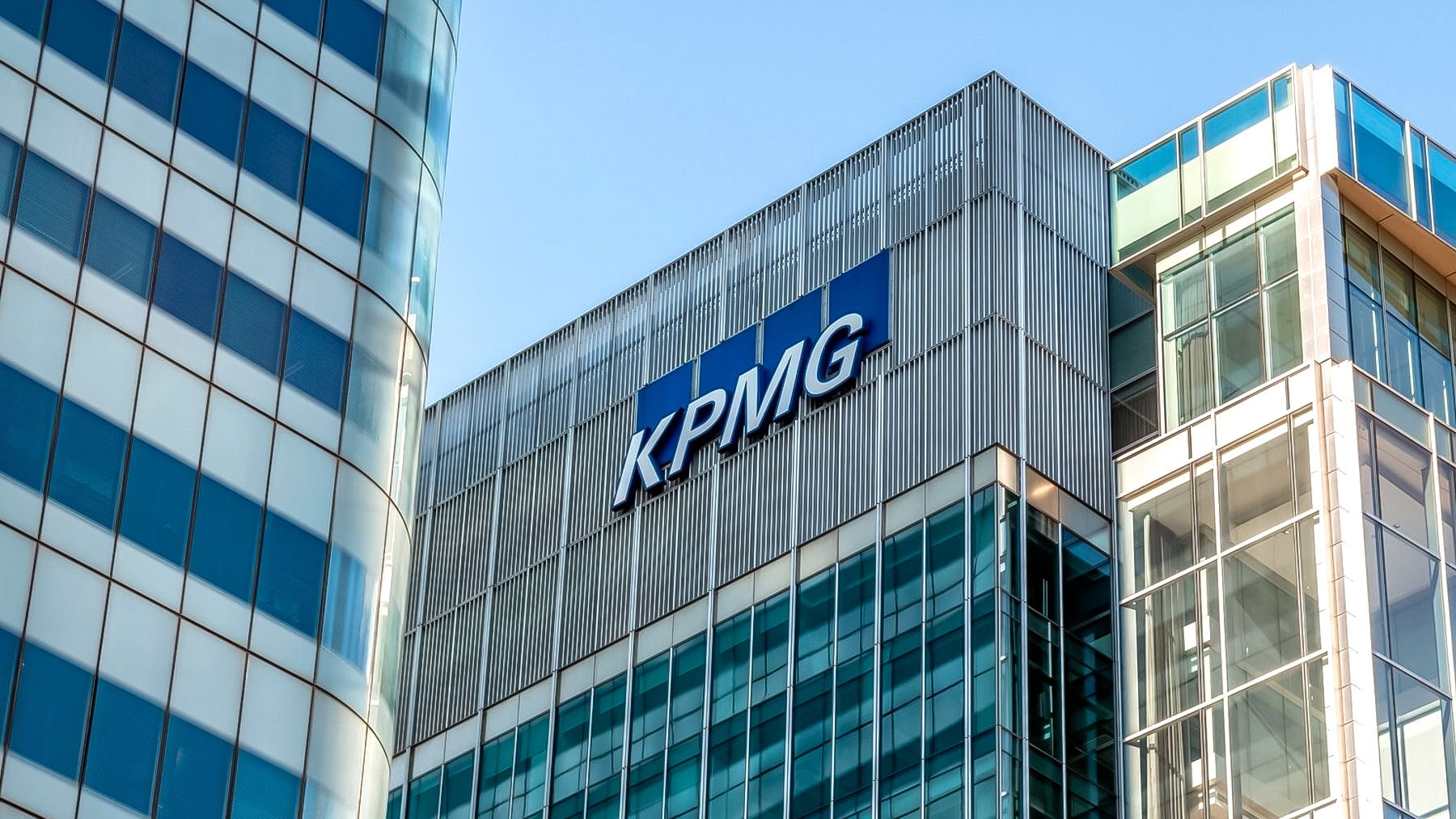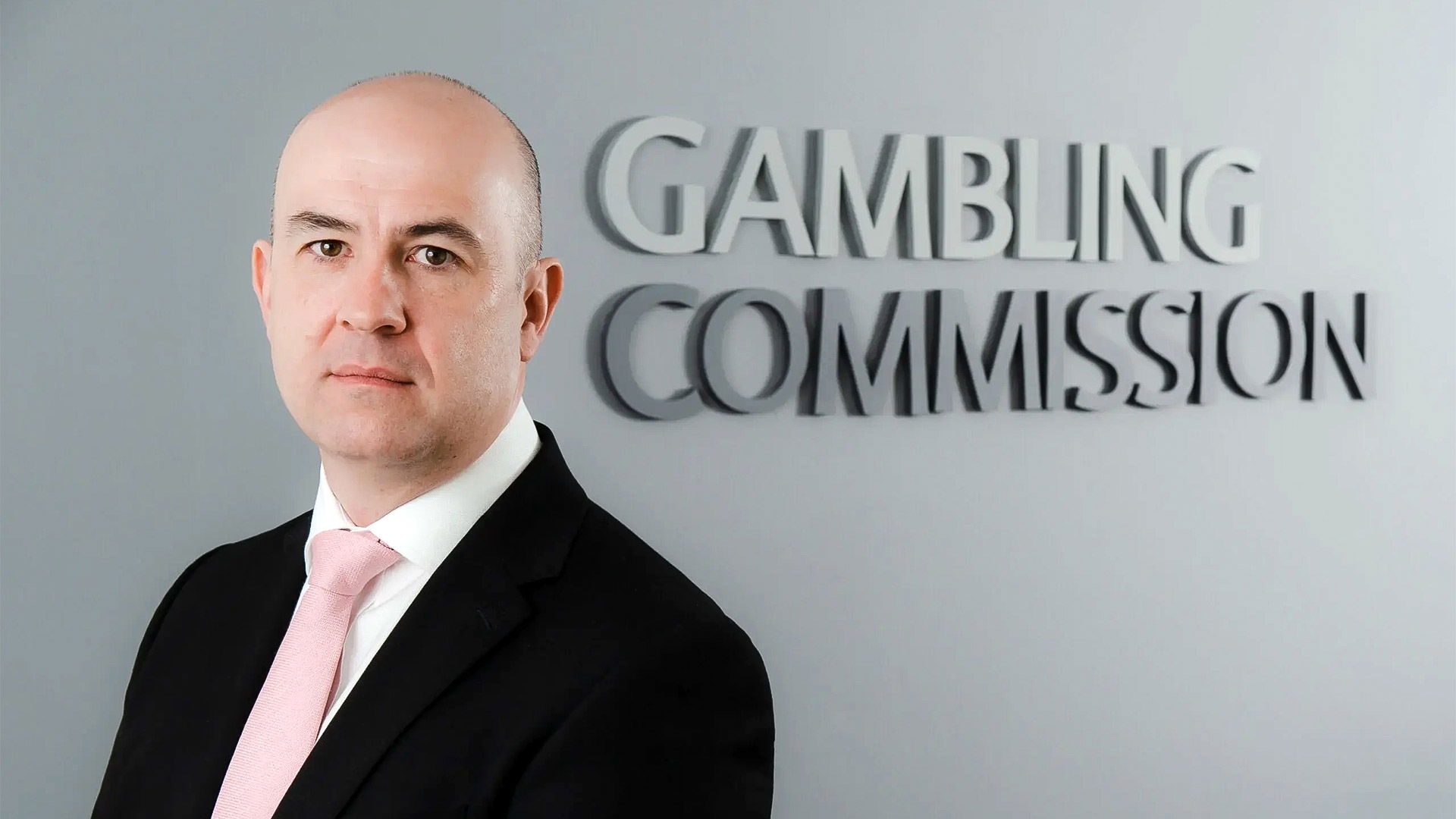UK High Court lifts suspension on National Lottery license transition process amid Camelot's legal challenge

The UK Gambling Commission confirmed that on Wednesday the UK High Court agreed to lift the automatic suspension on the regulator's ability to formally award the National Lottery licence to Allwyn Entertainment amid the legal proceedings submited by current operator Camelot against the competition process. This lift has been requested by UKGC in May.
"We made clear that disrupting the implementation of Allwyn’s plans would present potentially severe consequences for the National Lottery and good causes. It also risked the National Lottery not operating to its full potential at the start of the fourth licence," UKGC explained Wednesday.
Last month, there was speculation that the UK National Lottery could be suspended for the first time in its 30-year history. In March, Camelot lost its license to run the National Lottery after 28 years at the helm as the UK Gambling Commission named rival Allwyn Entertainment as its preferred applicant to take over. Allwyn, owned by the Czech group Sazka, is expected to take over from Camelot in 2024 following this decision.
However, Camelot shortly after launched a high court challenge against the UKGC, accusing the regulator on the grounds of breaking the law when it allegedly discarded Camelot’s score in the system that measures the bids. The case could potentially take months, and even years, to resolve.
Following Wednesday's ruling, UKGC said it will now begin the process of formally awarding the license to Allwyn and ensure a "seamless and timely transition" to the next license. "We will also now be preparing for trial of the various claims. We remain resolute that we have run a fair and robust competition, and that our evaluation has been carried out fairly and lawfully in accordance with our statutory duties. We have taken every step possible to ensure a level playing field for all interested parties, to enable us to appoint a licensee who will engage and protect players, run the National Lottery with integrity and ensure the National Lottery maximises support for good causes and its contribution to society through further innovation and investment," the UK watchdog added.
This week, Camelot reported a year-on-year decrease in annual sales, partly attributed to the cost of living crisis that has affected consumers’ disposable income. Camelot announced it generated £8.1 billion ($9.9 billion) in sales in the year to March 31, down 3.4% from 2021’s record of £8.3 billion ($10 billion).
The company attributed the drop in sales performance to a 6.6% decrease in sales of online instant games, which it said was due to “greater competition for people’s attention to spend after the lifting of Covid restrictions” and “growing economic uncertainty over the latter part of the year”. The annual inflation rate in the UK increased to 7% in March 2022, the highest since March 1992, from 6.2% in February.


















































